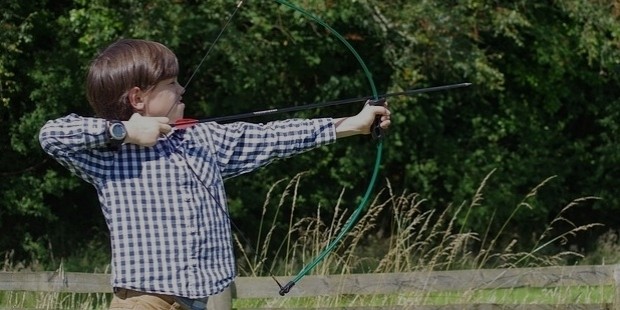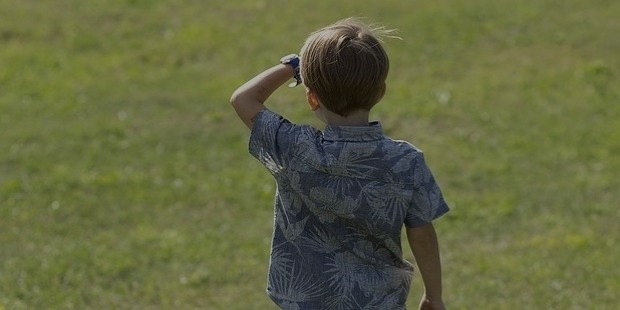Successful Mentoring May Mean Failure

Kids these Days...
That refrain has resonated through time as each passing generation casts judgment upon those that follow, evaluating the clothes, the hair, the music, and the style of subsequent generations. Housed in that simple statement is the idea that somehow each passing generation is less worthy and in need of more guidance than the one which preceded it. When I speak to young people, I like to remind themthat those who are currently passing judgment once wore corduroy bell bottoms, so they shouldn’t take it too personally.

A couple of weeks ago I found myself in the midst of a youth soccer tournament. As I stood on the sideline, watching games being played, I noticed one coach instructing his team. I watched him “coach” for about 15 minutes. Not once did I hear him make a positive comment to any of his players.
I couldn’t help but wonder what kind of impact he was having on his players. So what is a better way for coaches, teachers, parents, and mentors to serve students?
We Need to Let Kids Fail

All children need mentors. Mentors help people grow and develop. Mentors provide strength, guidance, and love. Being a mentor is more than just spending time with a student, it requires an investment of time, energy, and most importantly love. Anyone can be a mentor. Too often adults want to point to what is wrong with young people, what is flawed about this generation. “Kids these days,” the oft-repeated phrase, is symbolic of the command-driven approach that many adults use in their interactions with kids: pull up your pants, put your phone down!
That is the wrong approach. Instead, we need to allow our children to fail. It may sound counterintuitive, but from failure comes growth, strength, and resilience.
Our children do not want or need someone to sweep in and rescue them. Helicopter parents that fly in at any instance of trouble to save the day do not serve the best interest of students. An effective mentor does not shield a student from failure, but rather they are always available to listen and provide a reassuring voice of support throughout a student’s struggles. Young people need to understand they are not alone and that they have a support structure of people genuinely interested in their growth and development.
Being a teenager is a dress rehearsal for being an adult. This means students will experiment and explore; students will make mistakes – just like their parents did. Students need not be reminded about their mistakes; students need not be told what they did wrong and what they should have done. Teens need someone to listen to them work through the mistake, rather than criticize or condemn it. Mistakes will happen. Students will struggle. Mentors are there to help them through this. The best way to help students through their struggles is with consistency, compassion, and love.
When I was youger, I wanted to be a college basketball coach. That was my dream job growing up. As such, I watched a lot of basketball games. I find myself amazed when I watch coaches - and parents - today express “support” for their players. Should a player miss a free throw, there are moans and groans - maybe even some gesticulating. Sometimes, a parent or coach may remind a player that they have to make their free throws. One of my all-time favorite sports announcers would always say, “You’ve got to make your free throws.” People act like this is an epiphany, like perhaps the player had somehow forgotten that making free throws is what the object of the activity was, or perhaps the player had not realized that they had missed.
Do we think this is Actually Beneficial to our Kids?

Imagine standing over a putt and wanting to miss. Has that ever happened to anyone, ever, in the history of the world? Nobody wants to fail. Yet, sometimes we do. It’s part of life. When we fail and those “supporting” us simply remind us of our failure, we beat ourselves up instead of building ourselves up.
Mentors are not failure reminders, nor are they crossing guards. Mentors are adults who love young people, who want to help them experience success, who want them to grow and develop into outstanding young people. When a young person falls down, it’s the job of a mentor to help them up and show them, not tell them, how to lead an exemplary life.









